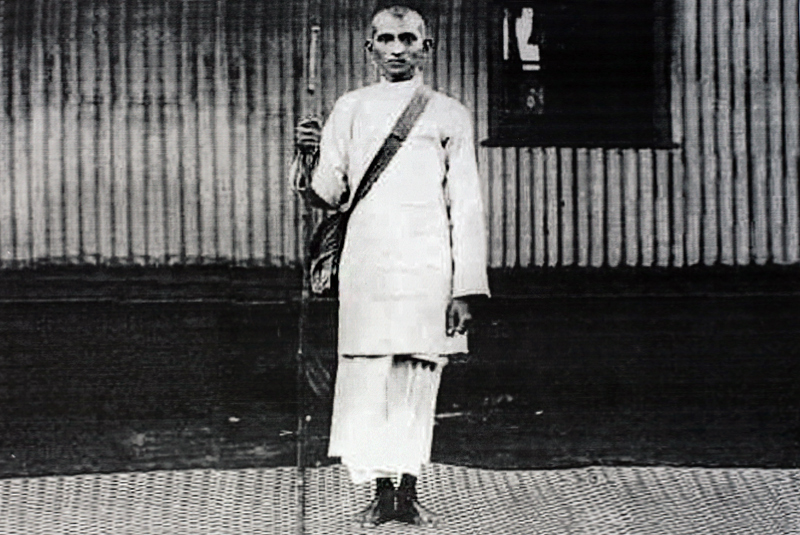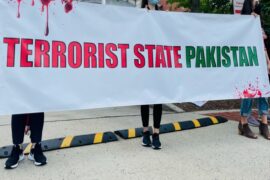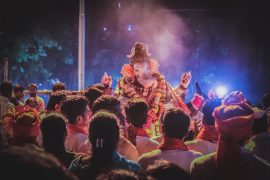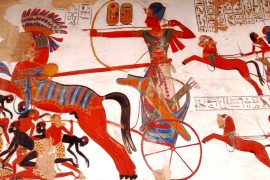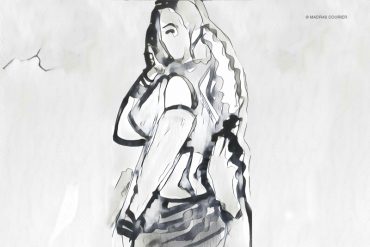The very first voice that Mohandas Karamchand Gandhi saw raised in momentum with his own was that of a wealthy Muslim trader named Ahmad Cachalia, who stood up and proclaimed:
I swear in the name of God that I will be hanged but I will not submit to this law, and I hope that everyone present will do likewise.
It was a packed hall of Asian migrants. The year was 1906, and the Asiatic Law Amendment Ordinance had become law. All Asian migrants to South Africa were required to submit their fingerprints and carry around an identity card – to be requested by authorities at any time.
At the time, few could stomach such an idea. Until then, only criminals were fingerprinted. Indeed, the world over, fingerprinting was seen as a measure of control. In New York, judges ruled against policemen who wanted to fingerprint criminals. In the rest of America, fingerprinting was put to use to keep a track of the Native Americans, and ensure they weren’t indulging in ‘fraudulent transactions’.
Copyright©Madras Courier, All Rights Reserved. You may share using our article tools. Please don't cut articles from madrascourier.com and redistribute by email, post to the web, mobile phone or social media.Please send in your feed back and comments to [email protected]

